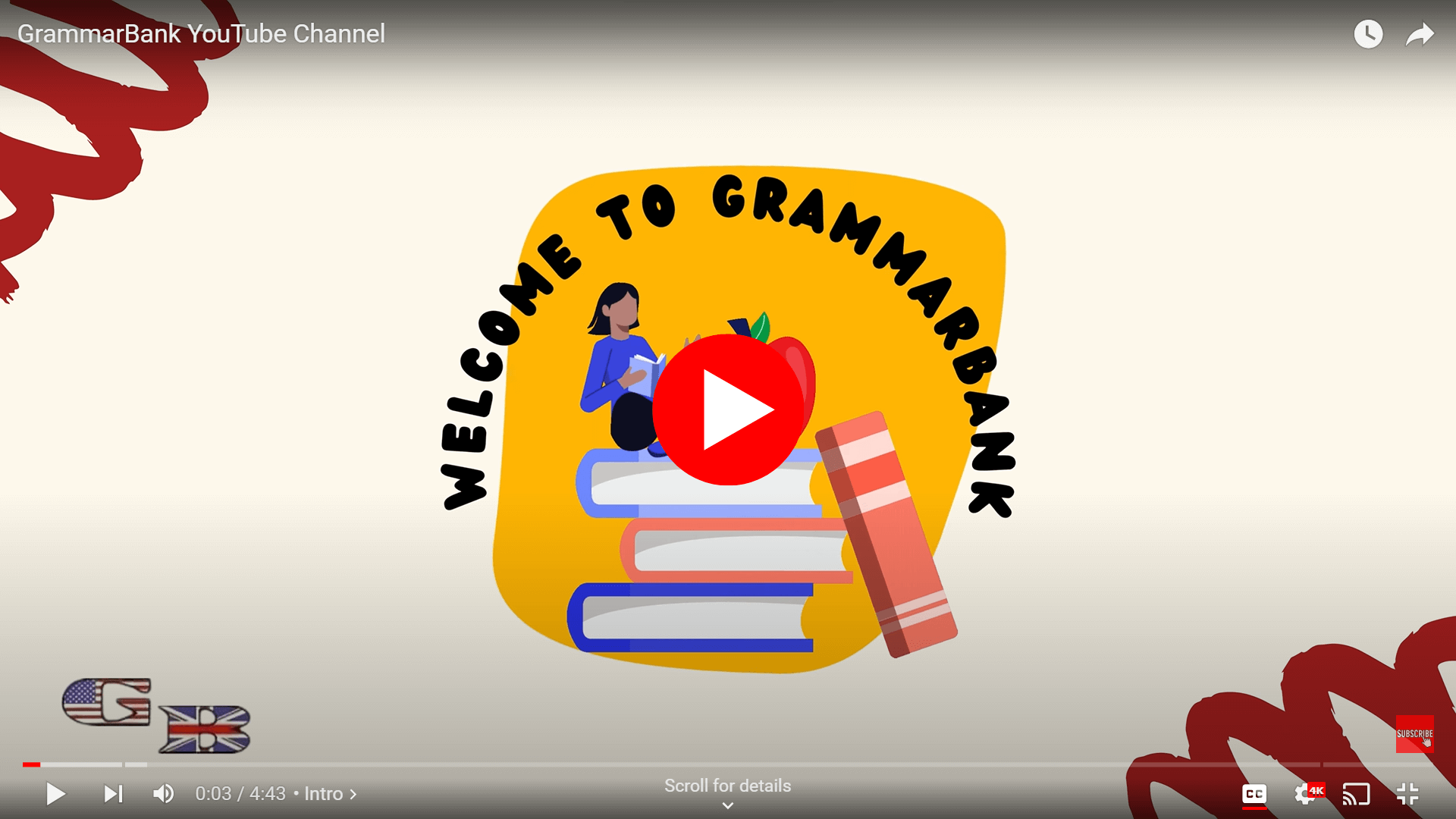Action Verbs - Linking Verbs
A verb is an important part of a sentence. It gives us information about the actions, events, or state of being. Verbs can be categorized into four groups:
Main verbs
Helping verbs (auxiliary verbs)
Linking verbs
Action verbs
Similar Subjects:
Modal Verbs Chart
Auxiliary Verbs
State Verbs Grammar
Similar Subjects:
Modal Verbs Chart
Auxiliary Verbs
State Verbs Grammar
Linking Verbs and Action Verbs
Linking verbs show no action. They just connect to the subject and give more information about the subject.
For example:
We are writing an e-mail.
are writing shows action in progress, and it is an action verb.
We are students.
are gives information about the subject we(there is no action), and so it is a linking verb.
Your new book seems interesting.
Seems is a linking verb.
I see you.
see is an action verb.
The soup tastes good. (here tastes is a linking verb)
Sam is tasting the soup. (here is tasting is an action verb)
Hint!
An easy way to differentiate them is to replace the verb in question with a verb form of be. If the sentence doesn't make sense any more, then it is an action verb; if the sentence is still meaningful, it’s a linking verb.
For example:
The flowers we have picked from the backyard smell so nice.
The flowers we have picked from the backyard are so nice.
The sentence doesn't lose its meaning, so the verb smell in the first sentence is a linking verb.
He looked at me with fear in his face.
He was at me with fear in his face.
The second sentence doesn't make sense, so the verb look in the first sentence is an action verb.
Most common linking verbs are:
am / is / are / was / were
be / being / been
Note:
There are some verbs that can both be used as action and linking verbs.
|
appear become feel grow look prove remain seem smell sound | stay taste come lie prove act turn fall get |
Main Verbs
A main verb has a major meaning on its own and it has a very important role in the predicate.
For example:
write, jump, talk, swim, eat, drive, ride, run etc.
Helping Verbs
A helping verb, also called an Auxiliary verb, has no meaning on its own but helps the main verb in functional and grammatical way.
For example:
Daniel is drawing a picture.
Daniel is the subject, "is" is the helping verb, drawing is the main verb (action in progress), a picture is the object.
Some common helping verbs are:
am / is / are
was / were
be / been / being
have / has / had
may / might / must
shall / might / must
do / does / did
should / could / would





Comments